Blog Post
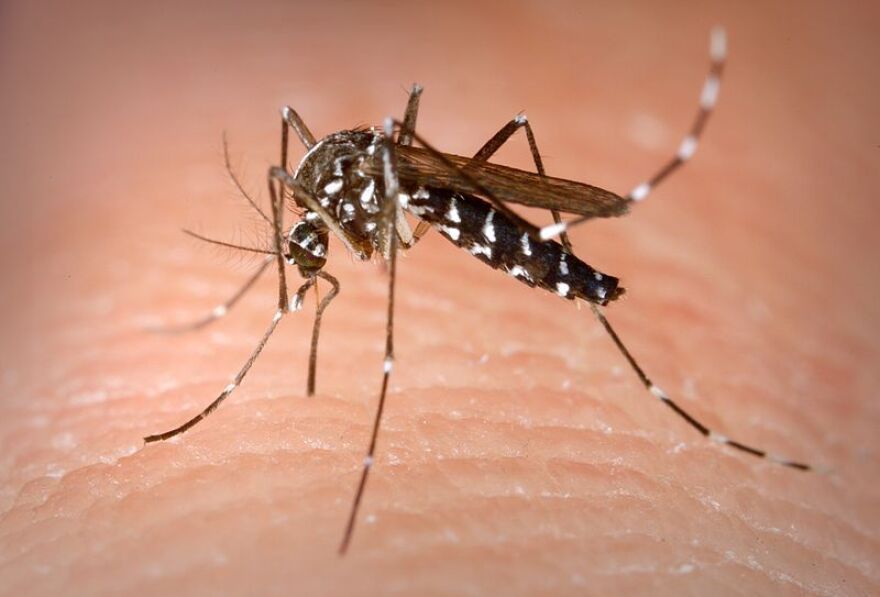
Mosquito infestations in Toms River, NJ: How to Prevent It
February 24, 2025
Mosquito infestations can be a
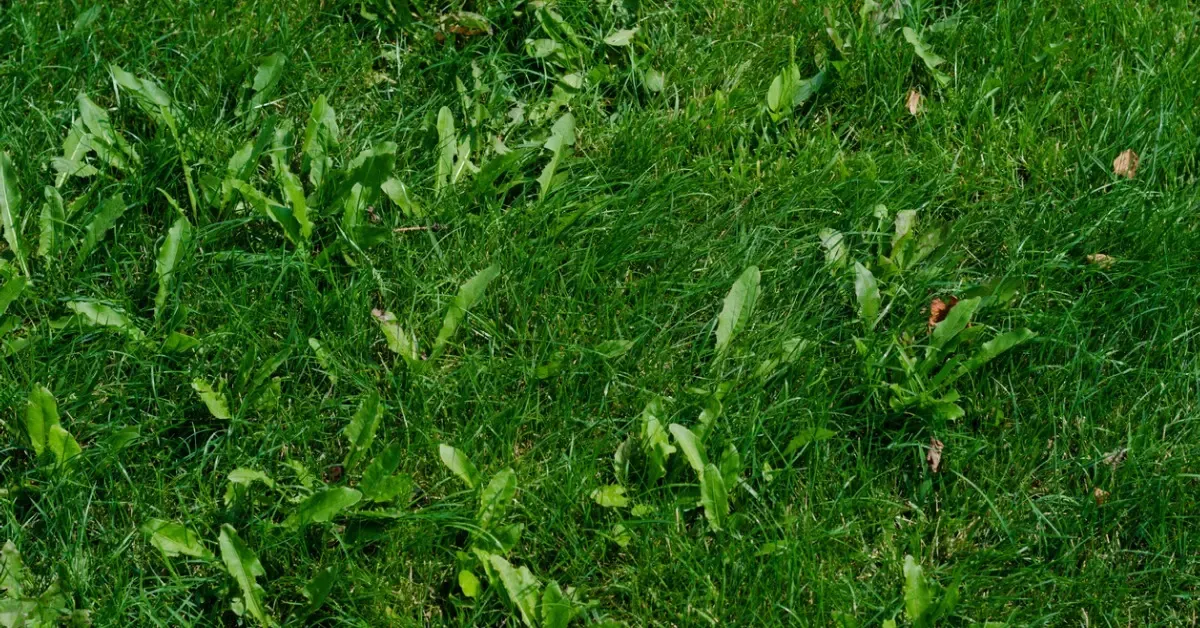
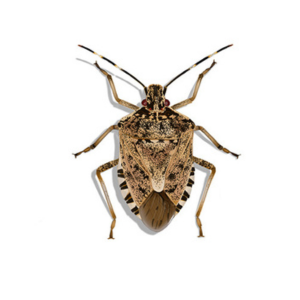
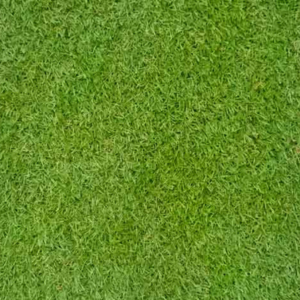
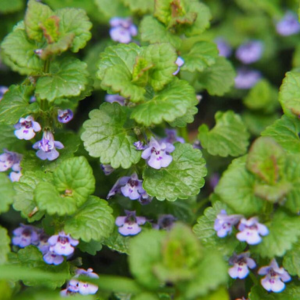
Creeping Charlie (Ground Ivy) in Toms River, NJ
February 24, 2025
Ground Ivy, also known as
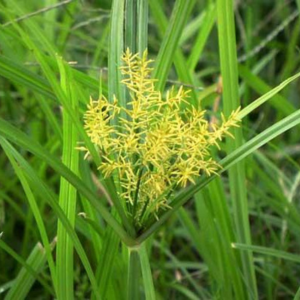
Getting Rid of Nutsedge in Bound Brook, NJ
February 24, 2025
Nutsedge, also known as yellow
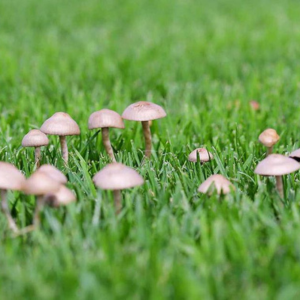
Mushrooms In Your Lawn: Hillsborough, NJ
February 24, 2025
Mushrooms are the fruiting bodies
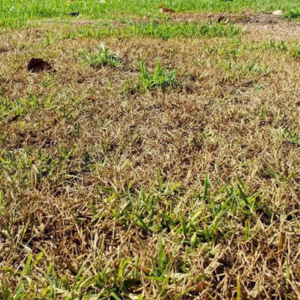
Signs of Surface Insect Damage in Jackson, NJ
February 24, 2025
Surface insect damage is a
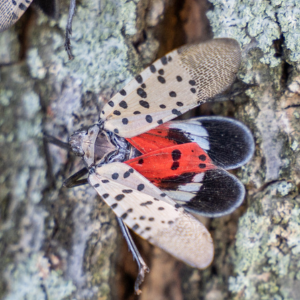
Spotted Lattern Flies in Manalapan, NJ
February 24, 2025
Spotted lantern flies, also known
